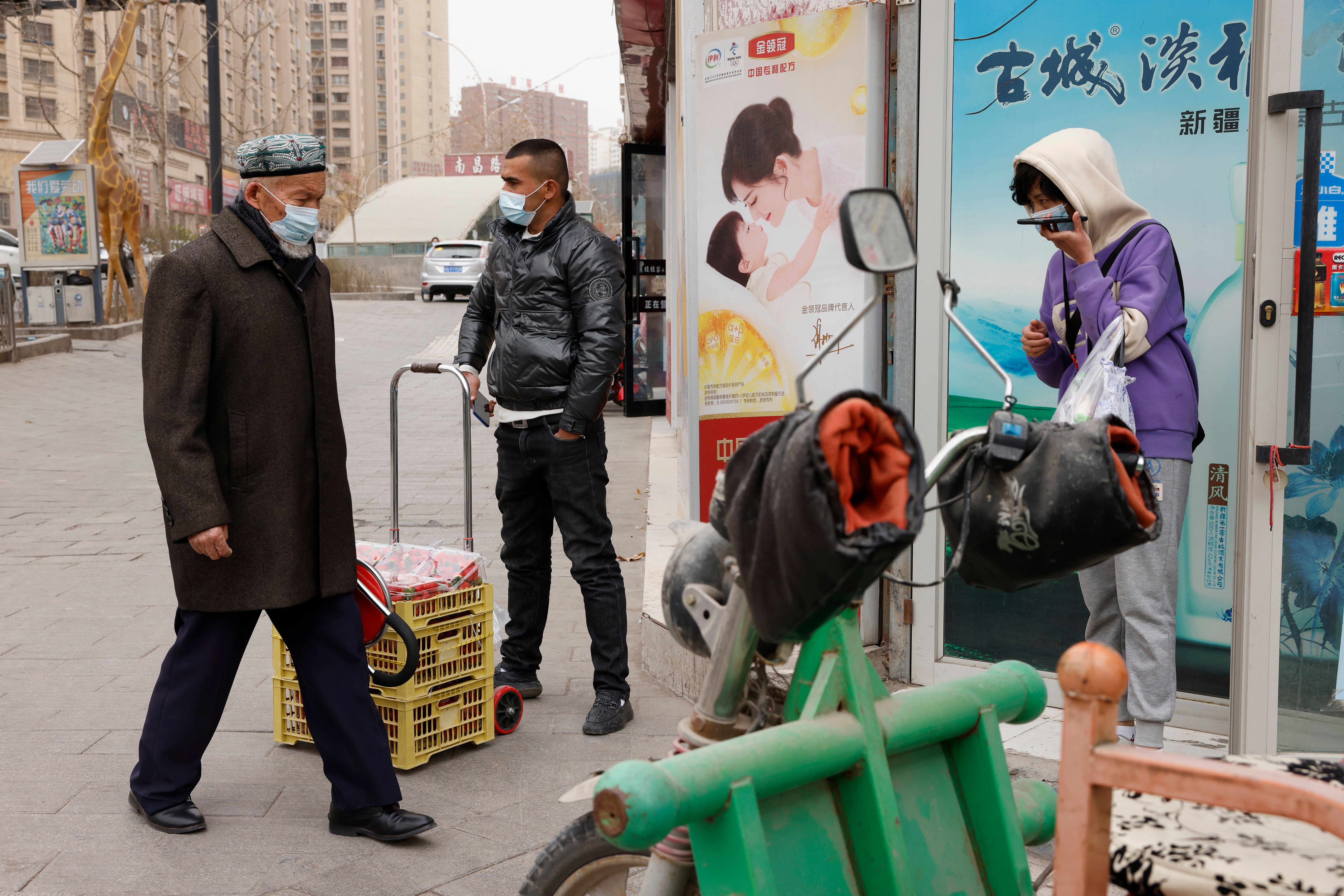China probes Tommy Hilfiger and Calvin Klein over suspected boycott of Xinjiang products
China's commerce ministry says it will investigate the fashion company PVH, which owns brands like Tommy Hilfiger and Calvin Klein
China’s commerce ministry said on Thursday it will investigate the fashion company PVH, which owns brands like Tommy Hilfiger and Calvin Klein, for suspected violations of trade rules.
The ministry said in statements posted online that it would investigate the company’s suspected boycott of products from the far western Xinjiang region, where China’s ruling Communist Party is accused of holding members of mostly Muslim ethnic groups in detention camps.
Washington has blocked some imports from Xinjiang, while Beijing has protested against such moves. China denies any abuses and says steps it has taken are necessary to combat terrorism and a separatist movement.
Companies that buy clothing, cotton, tomatoes and other goods from Xinjiang face pressure from western consumers over alleged human rights violations in the region, while Beijing has whipped up Chinese anger at brands that express concern about possible forced labour.

“The US PVH Group is suspected of violating normal market trading principles and unreasonably boycotting Xinjiang cotton and other products without factual basis, seriously damaging the legitimate rights and interests of relevant Chinese companies and endangering China’s sovereignty, security and development interests,” the ministry said.
PVH says in a statement on its website that it complies with laws and regulations wherever it does business, “including with respect to US government policy regarding the Xinjiang” region.
The commerce ministry said the investigation would be under the rules of China's “Unreliable Entities List”, which is used as a counter-sanction against measures taken against Beijing.
PVH was expected, within 30 days of Tuesday's announcement, to provide information to China to explain if it had taken discriminatory measures against Xinjiang-related products in the past three years, it said.
Bookmark popover
Removed from bookmarks